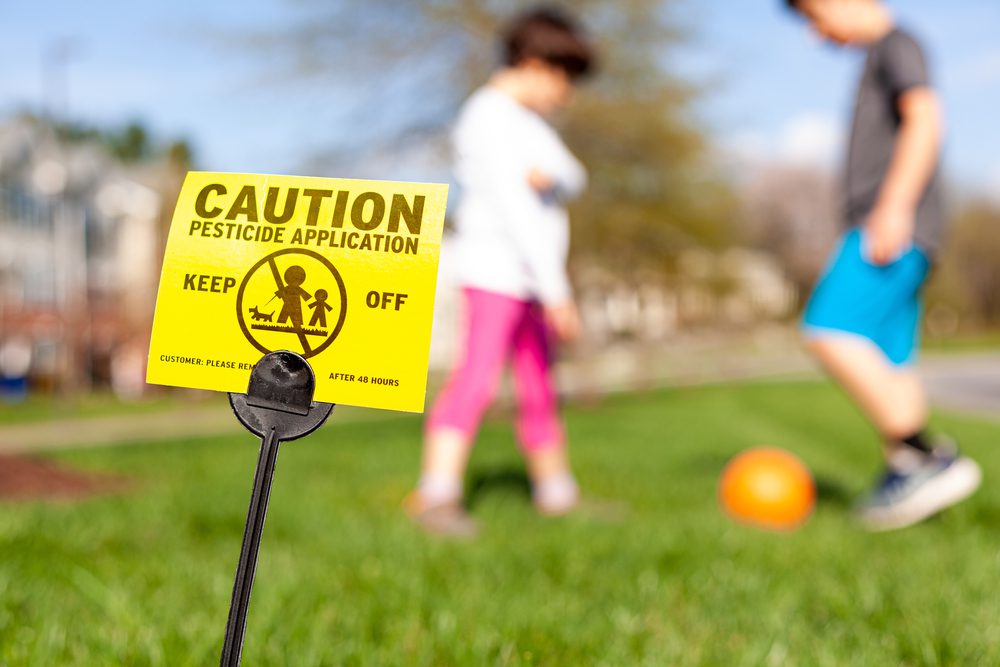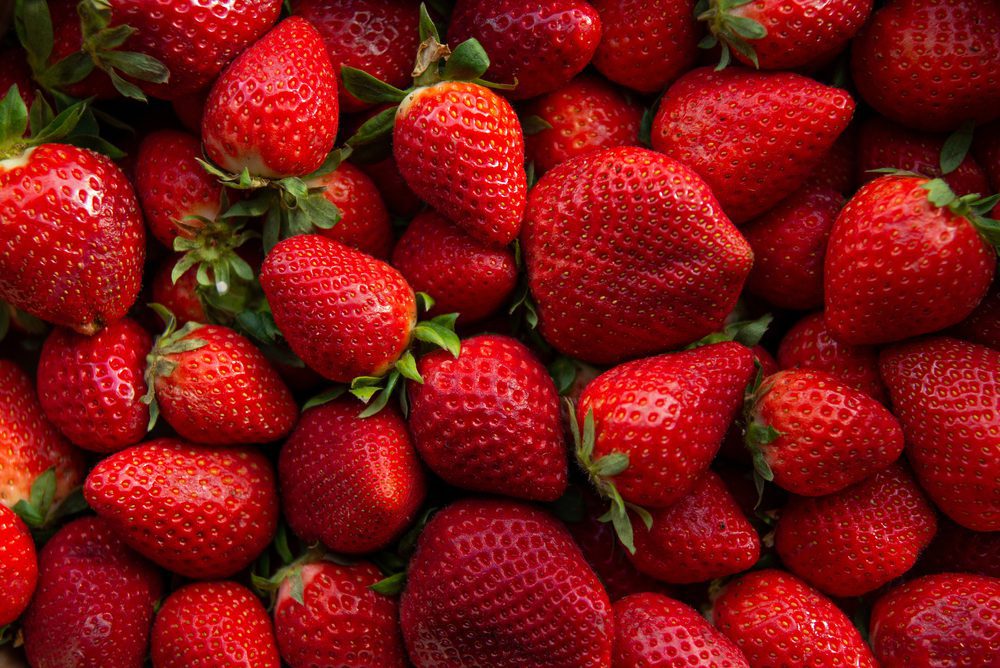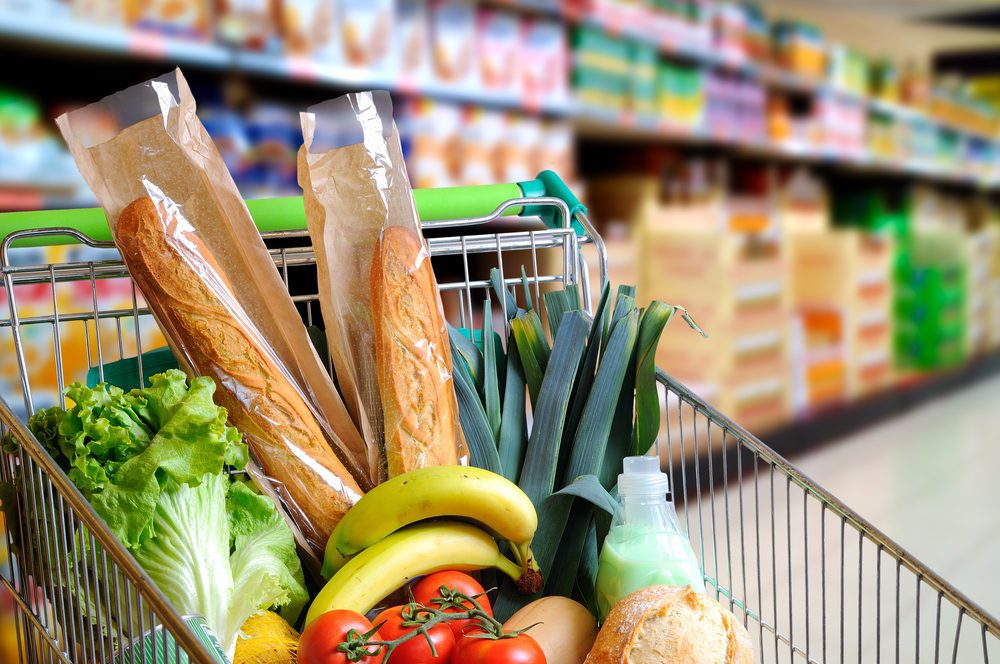While making sure that you eat the proper amount of fruits and veggies does wonders for your health, have you ever wondered if you are exposing yourself to harmful pesticides? The non-profit group Environmental Working Group (EWG) has put together new research that shows that 70% of all the products sold in U.S. grocery stores contain the residue of at least two pesticides!
And while all the levels of pesticide residue that were found on all these products are within the government’s approved limits, it doesn’t make them any better in the sense that too many of them could be unsafe. There’s a reason that in certain stores you will see a sign that warns you against using orange or lemon peels for candying: they may have been exposed to something not safe.
Read along to find out more about which fruits and veggies are safer to eat!

What are pesticides used for?
Generally speaking, pesticides aren’t a bad thing, as they are used to make sure that crops are healthy without any interference from outside factors, such as animals or weeds.
There are also some pesticides used to prevent certain bugs from ruining produce (known as insecticides). Furthermore, herbicides are also used to destroy weeds so they don’t hinder the growth of the harvest, disinfectants used to stop the spread of bacteria, and many others for mold and other types of pests (such as rats or mice).
However, due to their being used in a lot of agricultural settings and some companies even using them excessively to get a bigger harvest, it’s sometimes inevitable that people are exposed to low levels of residual pesticides. Despite scientists not having a clear view of the extent of their effect on human health, there are clear signs that they affect children (especially on a neurodevelopmental level).
Together, with how each and every one of us is exposed to pesticides in our daily environments (like schools, workplaces, hospitals, and even at home), we should strive to avoid getting them in our diets as well.
What are these lists?
These two lists have been put together by the non-profit organization that did the research on which products have the highest residual pesticides on them. They call them the “Dirty Dozen” (for the ones that scored the lowest when it came to this) and the “Clean Fifteen” (for the ones that ended up with the least amount).
It may sound like this is all made up, but the organization used the test data from the Department of Agriculture (USDA) before they ranked the 46 foods! And, just so your worries are set aside, the USDA makes sure they mimic the way any of us would wash the produce before it is tested.
Is there a lot of pesticide residue on American produce?
It depends on how you categorize things, as what could mean a lot for some could actually mean a little for others. However, specialists have found that most of the samples in their research have had at least two, if not more, pesticide residues. This may sound appalling when you first hear about it, but it just goes to show how often we are surrounded by these substances without even knowing it.
What was even more surprising is that 90% of apples, strawberries, grapes, spinach, cherries, and nectarines have tested positive for two or more pesticides. When you think about how these are some of the most commonly eaten fruits, it makes a shiver run down your spine. Yet, not all is so dire, as 70% of the products on the clean list had no residue detected! So not everything you eat is full of pesticides.

The Most Pesticide Covered Fruits and Veggies
Despite most of the ones we mentioned earlier being fruit, it is not just fruit that made the Dirty Dozen list. And while this list shows the ones that have been found to be the most probable to contain pesticides, there’s no certified way to know if they do or not (so you’ve got to thoroughly rinse them). And if you ever thought you could simply eliminate them from your diet, forget it! Some are extremely common, and they tested positive for at least two pesticides!
- Strawberries
- Spinach
- Kale, mustard, and collard greens
- Nectarines
- Apples
- Grapes
- Bell & hot peppers
- Cherries
- Peaches
- Pears
- Celery
- Tomatoes
There are quite a lot of things we all eat almost daily, be it in salads or in other dishes! However, as offending as the strawberries are by having placed first (the one list you don’t want to be the first entry on), it’s to be expected with how close they grow to the ground!
Yet, you would be surprised to know just how many pesticides you can find on kale, collard, and mustard greens! Not only have they had as many as 21 different substances on them, but one of the most common ones found in most of the samples is concerning.
DCPA (which is sold under the name Dacthal) was classified as a possible carcinogen years ago, and it was even banned from use in the European Union in 2009. Yet, this has not happened here in the U.S. despite it potentially increasing the chance of getting cancer.
The Cleanest Fruits and Veggies
If you love your avocados and sweet corn, we have some amazing news for you! Not only are they the highest ranked ones on the cleanest produce list, but they’re also safe to eat non-organically as well. They’re joined by other beloved fruits and veggies, including some that are also very well loved! The Clean 15 list is as follows:
- Avocados
- Sweet corn
- Pineapple
- Onions
- Papaya
- Sweet peas (frozen)
- Asparagus
- Honeydew melon
- Kiwi
- Cabbage
- Mushrooms
- Cantaloupe
- Mangoes
- Watermelon
- Sweet potatoes
If you like any of these fifteen products a lot, you can have some peace of mind when it comes to their involvement with pesticides. From all the samples that were tested, less than 2% of sweet corn and avocados ended up having any signs of the substances. And to make everything even better, a little under 5% of all the samples for all the fruits and veggies on the list have been positive for two or more pesticide residues!
For so many on this list, you don’t actually eat the peel, so it’s just added mental comfort.

How we can shop and be conscious of pesticides
The best choice when it comes to trying to avoid pesticides at all costs is to try to shop in the organic section as much as possible. However, if that’s not an option, it’s good to keep these two lists made by EWG in mind when you are going shopping and try to limit the intake of accidental pesticides.
One good way to make sure that you’re not accidentally adding these residual toxins to your food is to make sure you wash your produce really well before adding it to any dish. And no, we don’t mean that you should wash them with any kind of soap.
But rather than just lightly running them under water (like we all do when we say we’re washing the veggies for a salad), we should rub them while rinsing them with water, to make sure that they are cleaned thoroughly.
Should we be concerned about pesticides on our produce?
Despite how we all need to be more conscientious about what we consume, there is such a slim chance of anything happening due to pesticides that it’s a bit hilarious. There are no actual recorded side effects from eating any of the aforementioned fruits or veggies after you haven’t given them a good scrub. So, no, you shouldn’t be concerned that you will end up sick due to them.
If anything, experts warn that the risks of not getting enough nutrients from fresh veggies and fruits because we aren’t eating enough far outweigh the risks of these residues. It would take a healthy woman to eat over 400 unwashed strawberries daily for an extended period of time, for the residues to actually cause her any significant harm or to even have any effect.
We should keep in mind to make sure we wash our produce carefully before we eat it, and to pay more attention to our health in general, by eating enough fruits and veggies. And remember that “organic” doesn’t mean “pesticide-free!”
Speaking of accidental mistakes we make when shopping, did you make any of these while shopping online?











